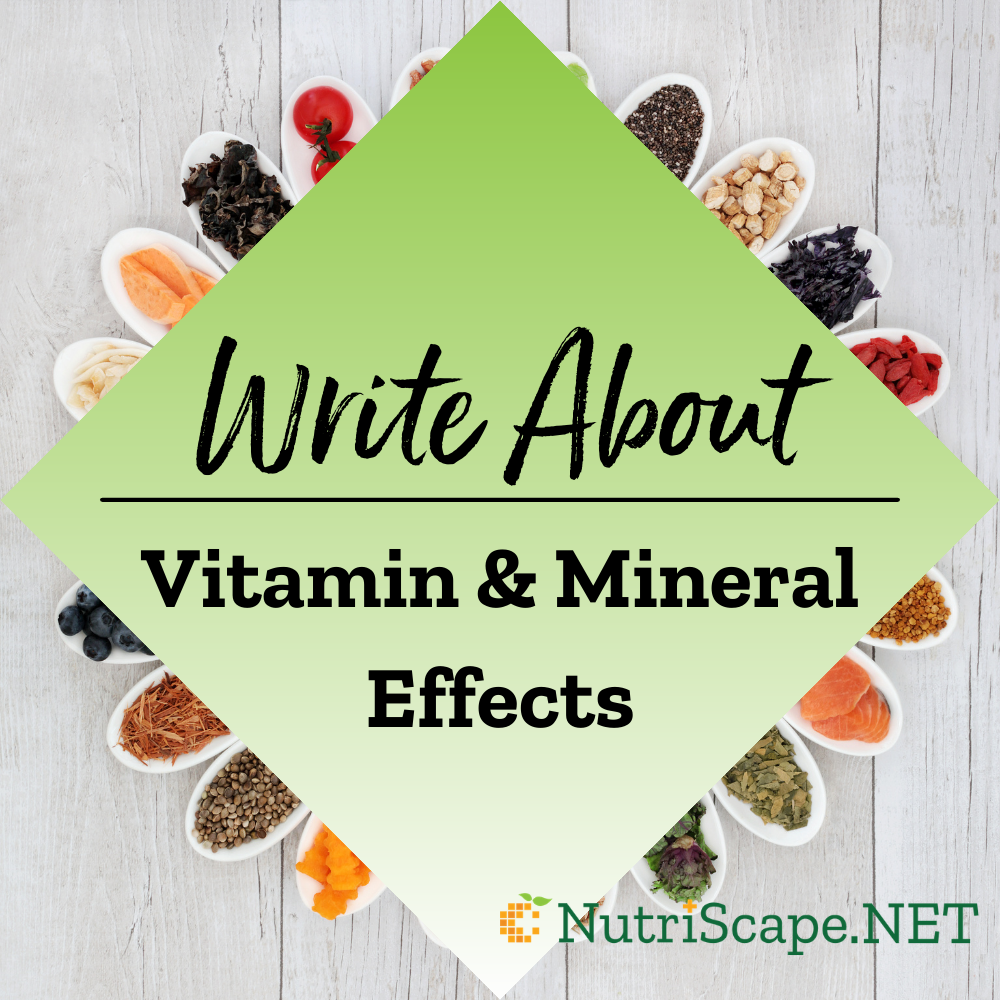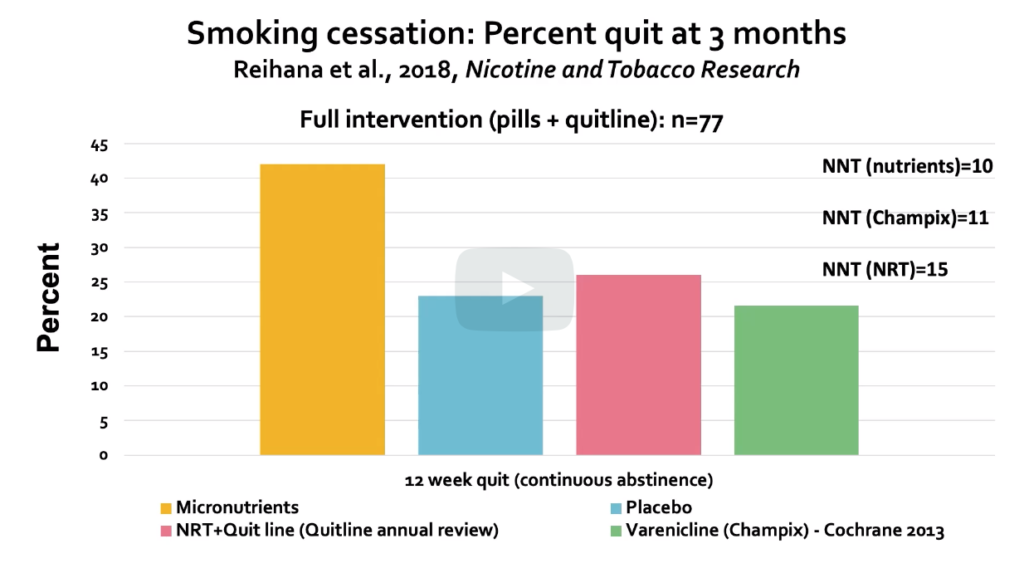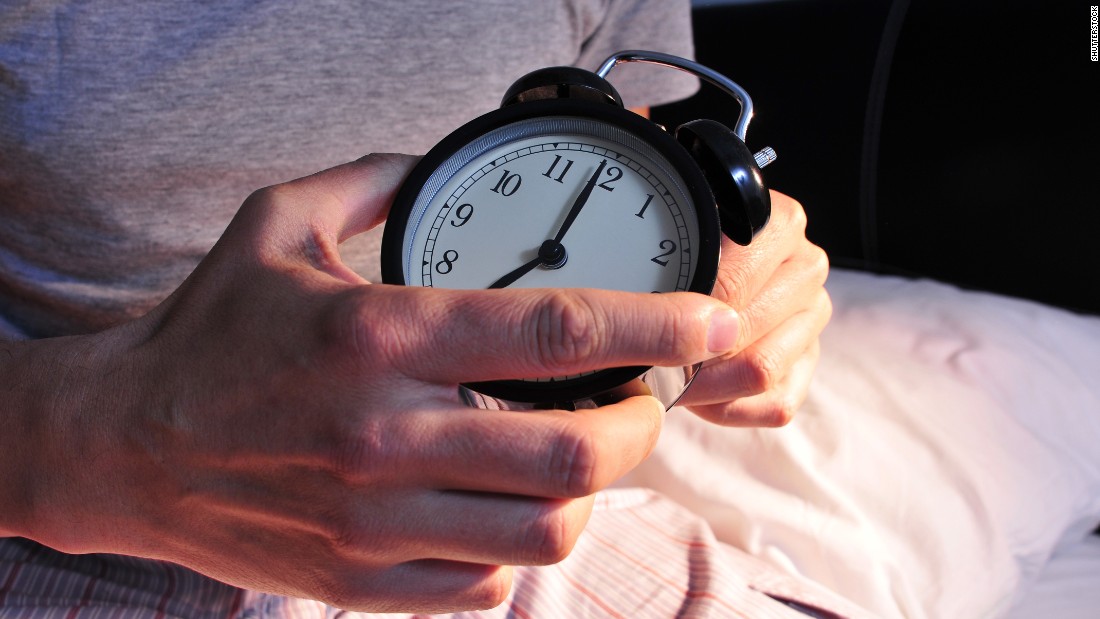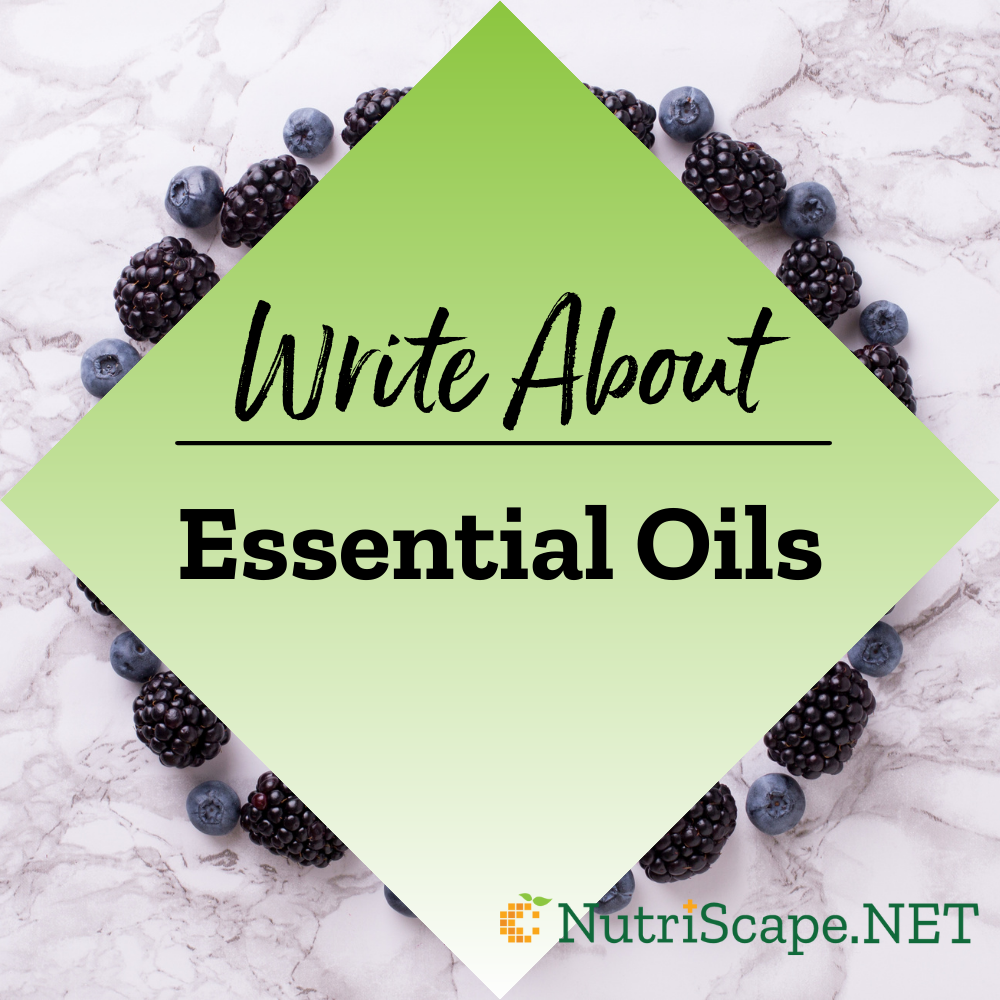
We came across this topic some time back and thought it would be good inspiration for a NutriScape.NET article written from the dietitian’s point of view. Here are some quick snippets you can follow.

A recent study conducted in my lab investigated the effect that micronutrients could have on helping people quit smoking. The micronutrients were comparable to or better than other smoking cessation treatments, but with far fewer side effects:
For those who received the full intervention, after 3 months of treatment, 42% of those who were treated with micronutrients were still smoke free versus 23% of those on placebo. This quit rate for those people on the micronutrients was higher than that observed with the drug Champix as well as Nicotine Replacement Therapy + Quitline (which are the current treatments for smoking cessation being subsidized by the New Zealand government), both of which show 3 month success rates around 22-26%.
This study opens up the idea that nutrients may well be able to help people overcome addictions and also supports other research showing that nutrition can help people wean themselves off of addictive drugs.
Remember, it makes more biological sense to use the entire spectrum of minerals, vitamins and nutrients for your brain to function optimally. And this perhaps, is why one consistent anecdotal report we hear, is that micronutrients can, believe it or not, eliminate PMS or post-menstrual syndrome for many women. And furthermore, controlled research from the University of Canterbury has confirmed these anecdotal reports. More than two-thirds of our participants went into remission in their PMS symptoms, just with nutrients. This is a truly remarkable finding because it is such a cheap and easy intervention, with minimal side effects. And, given that PMS regularly affects 20 to 30percent of all women, and sometimes quite severely, this is definitely something worth knowing about.
Over the years, we kept hearing that nutrients reduce cigarette cravings. This got us curious;could we help people with nicotine addiction? Turns out we can help many people, but not everyone.Our lab conducted the first RCT, investigating the impact of a broad-spectrum micronutrient formulato reduce, or even stop, cigarettes altogether. And we found that 42 percent of the micronutrientgroup achieved full abstinence for 12 weeks, versus 23 percent of the placebo group. In fact the micronutrientswere better than other smoking cessation treatments, but with far fewer side effects.
This quit rate is higher than that observed with the drug Champex, 12-week quit rate of 22percent, as well as nicotine replacement therapy along with Quitline, a 12-week quit rate of 26 percent.Now we do need to be cautious about over interpreting these results. We had a high dropoutrate of 58 percent. And staying off nicotine is difficult, so it was not surprising that many relapsed overthe course of the three-month study. But equally, it’s exciting that this study opens up the ideathat nutrients may well be able to help people overcome addictions.
Sleep
Finally, let’s talkabout sleep. Insomnia is the persistent inability to get sleep of sufficient length and quality.It’s one of the most prevalent contemporary health problems in adults, and is estimated to affect12 to 15 percent of them, and as many as 50 percent of clients in primary health care settings.
A multiple baseline design, meaning different people started the nutrients at different times,was used as a clever way to reduce the placebo effect. 17 people were followed over eight weeks,using a multi-nutrient treatment. Participants took the nutrients at breakfast and lunch time,to avoid the energizing effects of the nutrients at night. And the benefits were large and robust.
The nutrients decreased the time to drop off to sleep, and the number of night awakenings, and alsoimproved sleep quality. And along with improved sleep, there was also observations of improvedcoping with stress, less anxiety, and better mood. So in this video, I highlighted some specific studiesshowing the breadth of benefits of micronutrients in helping people regulate their mood, quit smokingand sleep better. And with more research on its way, we are building a strong case that supplementingwith micronutrients can be a lifesaver for some people. I want to emphasize that anoverarchingtheme we see across all our studies, is that quality of life and resilience for coping withlife’s challenges just seems to get better and better over time. And that’s got to be a good thing.
Planning And Writing Your Article- With 1 Free CEU!
Although all dietitians are well-versed in academic writing, it can be a challenge to organize our vast knowledge in a way that hits the right chord for readers on the web. Before you sit down to write your epic article, save yourself some time by investing an hour in learning the basics of a solid writing process that can help you create your very best work.
We’ve scoured the internet for the best practices on writing and distilled the information to meet the needs of NutriScape writers. In our 1-hour CEU presentation, “Copywriting Skills for the Internet”, we discuss a structured process for each phase of writing and cover critical SEO principles that are key to getting articles found on Google.
This writer’s guide is a resource that will be sure to help as you organize your thoughts:

 Scan Me!
Scan Me!












